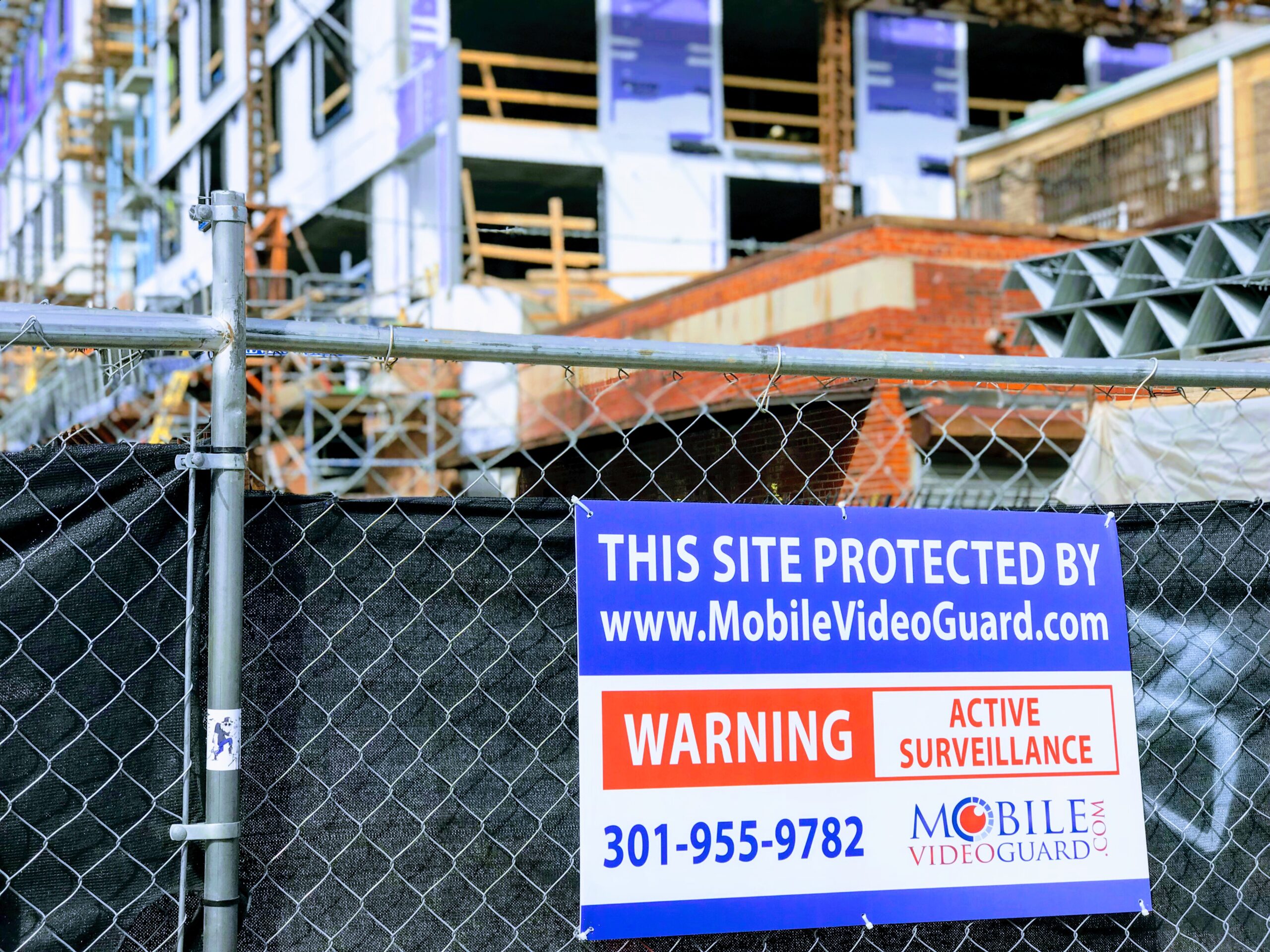Workers Comp crime is rampant, and your workplace could be next. Make it harder for them with video scrutiny of your site.

Legitimate workplace injuries occur in all employment sectors. High-risk occupations such as the construction industry immerse employees in many hazardous situations, making injury on these sites more likely. Genuine on-the-job injuries are expensive enough for an employer to settle because they lose on numerous financial fronts: the worker’s productivity, payments toward medical fees and lost income, and the potential cost of hiring a replacement.
This financial outlay stings even more when there’s no good reason to pay. Many employers never guess they’ve been tricked by a workers compensation scam. Some can only suspect, with no way to confirm those suspicions. This guide will help remove the guesswork by highlighting common fraud tactics and illustrating how worksite video surveillance can help.
Spotlight on detecting workers compensation fraud
There’s no way to calculate the cost of a “typical” fake workers compensation case since the extent of injury they’ll claim can vary. Each job type in America also has an individual state-specific code assigned by the National Council on Compensation Insurance. A safe estimate is that even the least of complaints can run into tens of thousands of dollars.
Data from the National Safety Council lists the many costs of various claims, with some of them (sprains, slips and falls, contusions, and carpal tunnel) being easy to fake. The price duped employers must pay can be significant – $20,000 at the lowest end of the scale. Knowing how these schemes typically play out will provide some basic protection to complement the installation of video surveillance cameras.
Some telltale hints of workers compensation fraud
Striking a cautious balance on this issue is tough. Challenging legitimate injury cases makes you look like a heartless employer, while believing every story makes you an easy target. Weigh the following carefully if an employee seems hurt:
- Refusal to visit a medical professional for assessment (or inability to produce medical certification of the injury) – A legitimately injured person will typically seek medical aid as quickly as possible and be able to prove they did.
- Medical proof of injury – A doctor’s confirmation doesn’t necessarily prove your employee is telling the truth. Physicians have on occasion been in on such scams, lending credence to frauds that cost employers billions of dollars a year.
- Doctor and patient disagree – Even ethical doctors aren’t always right. They may decide that a legitimately injured person is OK when the opposite is true. Medical error is easy for fraudsters to fake, making this one a hard trick to spot.
- Suspicious timing – Recently laid-off workers may hold a grudge against an employer and fake a claim to make them pay. The Monday morning injury is another old trick, where workers may get hurt on weekend off-hours and try to make the company pay for treatment the following week.
- Employees in a bad insurance situation – Some workers might not have any personal medical insurance or a policy that won’t cover a particular treatment. They may try to shift care costs onto their employer in these scenarios.
- No witnesses – A lack of visual corroboration is a fraudster’s best friend. It’s their word against yours, and employers can stand to lose a lot if they make the wrong decision without any visual evidence to prove or disprove the claim.
The further along a fake claim gets, the harder it is to stop. Crisp, clear surveillance footage is an employer’s ace in the hole when an employee tries to play dirty, and it can help derail a fake compensation case before it starts.
How video surveillance fights back against injury scams
Employers might save themselves a lot of money by having cameras on-site (and reducing the chances of false worker claims is just one of the many possible savings). They must consider one crucial aspect of video surveillance before they commit to it, however: the fine line between sensible security measures and violating employee privacy rights.
Contacting your state labor department is the best way to determine which privacy rules you should respect, since these can differ from place to place. An obvious universal example is not having cameras in restrooms, locker rooms, and showers. Some states also forbid cameras in areas reserved for worker recreation or relaxation. Anywhere an employee has a reasonable expectation of privacy is likely to be legally protected from surveillance.
Getting the Labor Department’s blessing is a green light for an employer to start putting video surveillance in place. Simply installing a few cameras isn’t enough to effectively tackle workers compensation fraud, however. Each lens must be optimally positioned for the best possible view of the worksite and its most vulnerable areas.
Areas out of sight to the naked eye are hotspots for fraudsters to set up an “injury” with no witnesses around to contest their claim. Even highly visible areas will need surveillance, especially after hours, when an employee may sneak on-site to set up the “evidence” for their story. Having video on your side means protection from Monday morning injuries and other incidents draining your budget while you get more confident about claims.
Contact the video surveillance experts with any questions
Don’t let doubt and scammers cost your company massive insurance claim fees. Limiting employer liability is just one of the many potential benefits of working with Mobile Video Guard. Our state-of-the-art equipment can provide valuable visible footage that managers and insurers can use to separate the liars from the legitimately hurt.
Our professional surveillance and installation staff work as a team to deliver security solutions tailor-made for your site and its unique needs. Contact Mobile Video Guard today and speak with an expert to learn more.



